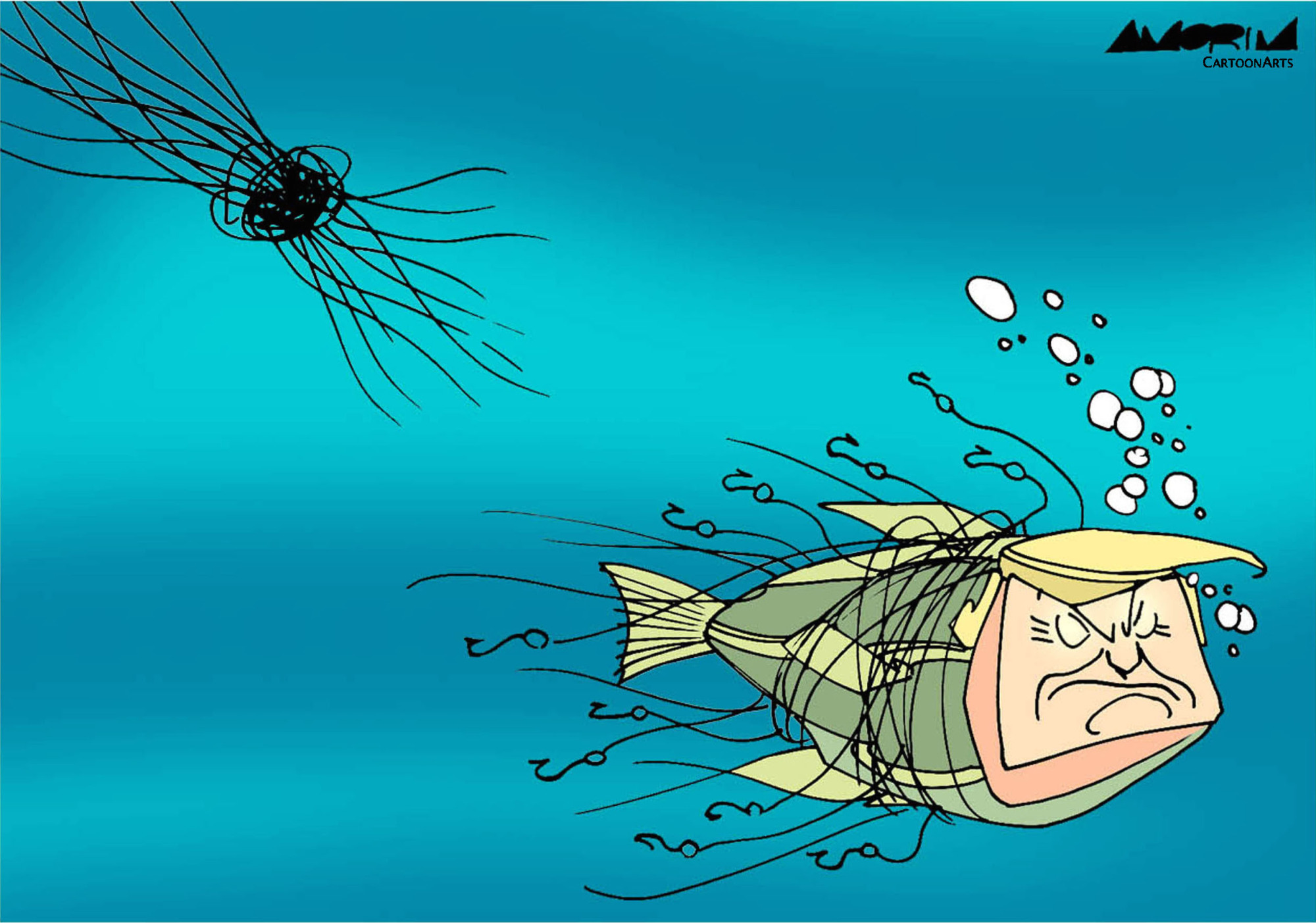It has been a distressing week for the United States, as the dysfunction of its politics has been on display for all the world to see. A cascade of events has spotlighted the anger, partisanship and effective breakdown of the political process throughout the country. While the sad spectacle is a case study in domestic political chaos, the implications will not — cannot be — confined within U.S. borders. Political dysfunction in the U.S. has global implications.
The parade of horrors began Monday with the "Iowapocalypse," the breakdown of the Democratic Party caucuses in the Hawkeye state. Iowa is the first official stop on the U.S. presidential campaign trail, and there has been a long debate about the outsize role the state plays in that process. The winner in Iowa gets a substantial media bounce, while all others fight for attention and money to stay in the race. Since 1972, the winner of the caucus has won the Democratic Party nomination 55 percent of the time; for Republicans, the number is 43 percent.
This year, the caucus broke down. A new app failed to work — it isn't clear why — and backup systems (phone calls) were overwhelmed. No results were available until the following day, and even then, they only trickled in: Wednesday evening, only 86 percent of results were available, fueling complaints from various candidates. Thursday, the chairman of the Democratic National Committee declared "enough is enough" and called for a recanvas of the results. There is no evidence that the outcome was rigged or the vote hacked — although there are reports of Trump supporters overwhelming the phone lines to create chaos — but the debacle in Des Moines (and elsewhere) exposed a candidate selection process that is misguided and mismanaged.



















With your current subscription plan you can comment on stories. However, before writing your first comment, please create a display name in the Profile section of your subscriber account page.